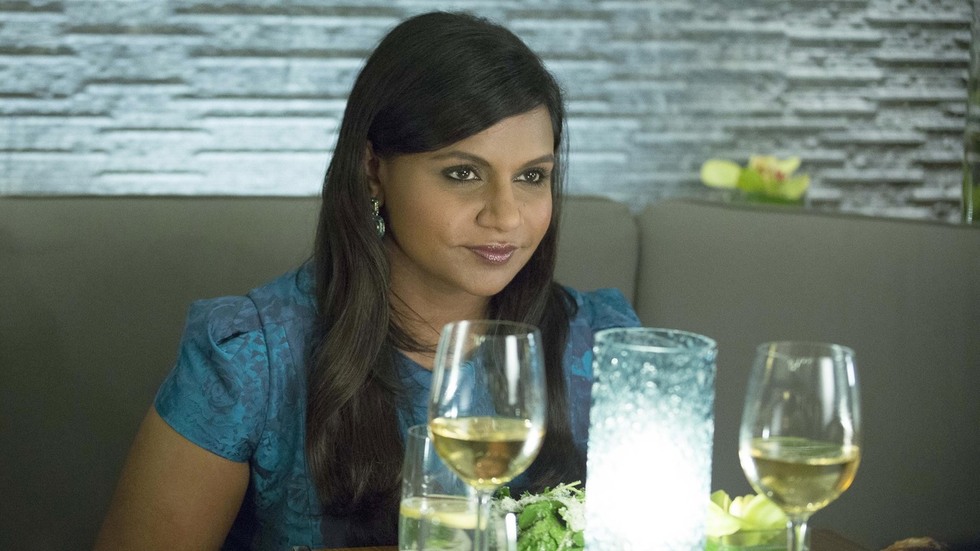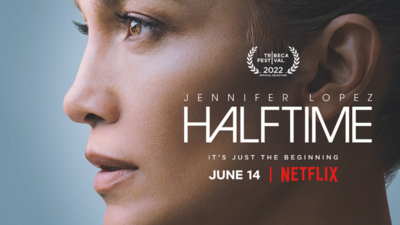
BY MATT BARONE |
Julia Roberts, Mindy Kaling, Queen Latifah, and More Get Candid About Hollywood Discrimination
Hear about the film and TV industries' racial and gender problems straight from the mouths of those who've been enduring them firsthand.

The hashtag #OscarsSoWhite, while an important catalyst for a much-needed discussion, can be misleading. The conversation surrounding it has been a predominantly black-and-white one, but what about every other ethnicity? And what about gender inequality? It's Hollywood as a whole, not just the Oscars, that's so white and so male. Recent studies have solidified the maddening truth: Minorities and women are being marginalized in Hollywood.
In an article published earlier today, The New York Times gave 27 of the entertainment industry’s most directly affected "players" the platform to speak on this hot-button topic, and it's full of candid anecdotes and brutal honesty. Among those interviewed are producer Effie Brown (Project Greenlight), Mindy Kaling, American Crime creator John Ridley, Julia Roberts, funnyman Ken Jeong, America Ferrera, Mr. Robot mastermind Sam Esmail, and Chi-Raq star actress Teyonah Parris.
Read the full article here. Below are a few highlights.
Can you imagine the breakout series Mr. Robot with anyone else in the lead but the electric Rami Malek? The show’s creator (and writer-director) Sam Esmail spoke about the struggle to cast a non-white principal after a longer battle to prevail in the industry as an Egyptian-American: "When I went to the studios [for] writing assignments, it was immediately white, 30s, male. That began the pendulum swinging the other way for me. [The lead character of Mr. Robot], Elliot, is not written with any specific race or ethnicity in mind. [In auditions], it was mostly white guys. I opened up the process, and Rami [Malek] was just brilliant. He looks different, whether that’s because he is Egyptian [or] just Rami. The conversation with the network was tough; I don't think it had to do with race—or I'd like to think it didn't. The show is already unusual. The barrier to entry for a show—from a network’s point of view—is, can the audience identify with this person, and is race going to be a roadblock?"
America Ferrera opened up about how she once whitewashed herself in order to stand out in an audition: "I was 18 and putting myself on tape for a movie I really wanted. I got that phone call: They cast a Latino male in another role in the film; they’re not looking to cast [a Latina]. So I defiantly bleached my hair blond, painted my face white and made the audition tape. I never heard back. I just remember feeling so powerless. What do you do when someone says, 'Your skin color is not what we’re looking for'? Let me tell you: Blond does not suit me. I try not to prove my point on audition tapes anymore."
And lastly, director Karyn Kusama (whose new film, The Invitiation, opens on March 25, and it's exceptional) vented about working with an almost all-woman team on her 2009 horror-comedy Jennifer's Body, starring Megan Fox, and how that ultimately didn't make a difference once they reached the finish line: "The marketing department wanted Megan to do live chats with amateur porn sites, and I was like, 'I'm begging you not to go to her with this idea, she will become so dispirited.' It was fascinating to have the writer be female, the director be female, the stars be female, and my head executive be female, and then we get to the top of the mountain, all those [male] marketing people. It was crushing."


